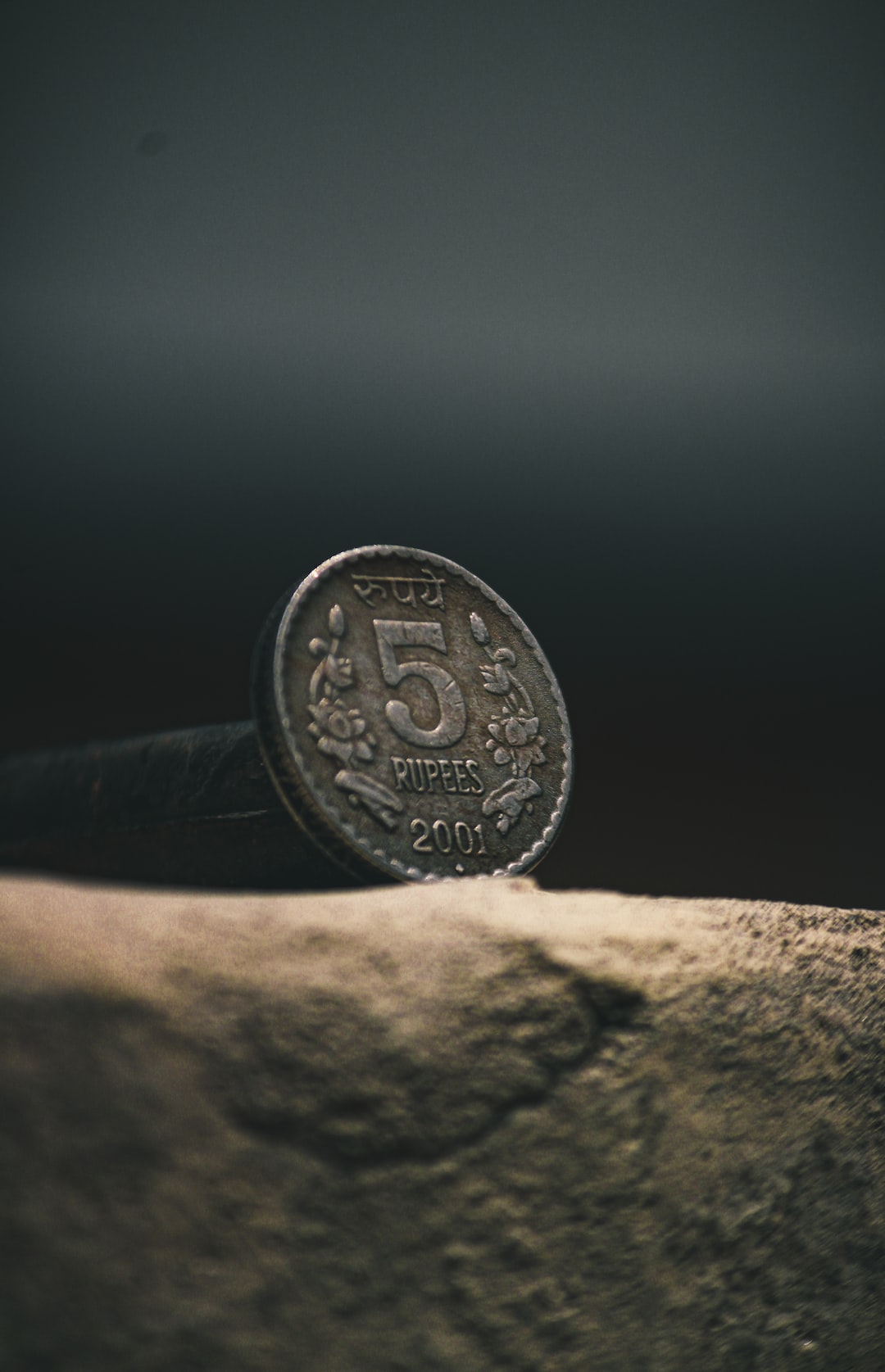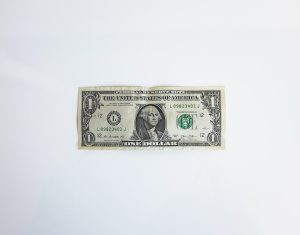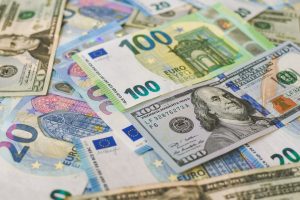Forex trading is becoming increasingly popular as more and more people are attempting to make a living from it. It’s a lucrative way to make money, but it’s not an easy task. The forex market is complex, and it requires a lot of knowledge and skill to be successful. Before jumping into forex trading, it’s important to understand the basics and know-how to start forex trading on your own. Here’s a comprehensive guide on how to get started with forex trading.
Understand the Forex Market
The first step in starting forex trading is to understand the market. Forex stands for foreign exchange, and it’s a market where currencies are traded. The forex market is the largest and most liquid financial market in the world, with a daily trading volume of over $5 trillion. The forex market operates 24 hours a day, five days a week, making it accessible to traders worldwide.
Learn the Terminology
Before starting forex trading, it’s important to learn the terminology used in the forex market. Some of the common terms used in forex trading include:
– Pips: A pip is the smallest unit of measurement in the forex market. It represents the change in the exchange rate of a currency pair. For example, if the EUR/USD currency pair moves from 1.1000 to 1.1001, that’s a movement of one pip.
– Spread: The spread is the difference between the bid price and the ask price of a currency pair. It represents the cost of trading forex.
– Margin: Margin is the amount of money required to open a position in the forex market. It’s a percentage of the total trade size and varies depending on the broker and the currency pair being traded.
– Leverage: Leverage is a tool that allows traders to control a large position with a small amount of capital. It’s expressed as a ratio, such as 1:100, which means that for every $1 in the trader’s account, they can control $100 in the market.
Choose a Broker
Choosing a broker is an important step in starting forex trading. A broker is a company that provides access to the forex market by allowing traders to buy and sell currencies. When choosing a broker, it’s important to consider factors such as regulation, trading platform, and fees.
Regulation: A regulated broker is one that is licensed and monitored by a regulatory authority. Regulation provides traders with a level of protection and ensures that the broker operates in a transparent and fair manner.
Trading Platform: The trading platform is the software that the broker provides for traders to access the forex market. It’s important to choose a trading platform that is user-friendly and has the features you need to trade effectively.
Fees: Brokers charge fees for their services, such as spreads and commissions. It’s important to choose a broker with competitive fees that won’t eat into your profits.
Develop a Trading Strategy
A trading strategy is a set of rules that a trader follows to enter and exit trades. A trading strategy should be based on analysis of the forex market and the trader’s goals and risk tolerance. There are different types of trading strategies, such as trend following, range trading, and breakout trading. It’s important to choose a trading strategy that suits your personality and trading style.
Practice with a Demo Account
Before risking real money in the forex market, it’s important to practice with a demo account. A demo account is a simulated trading account that allows traders to practice trading without risking real money. It’s a great way to get a feel for the forex market and test out different trading strategies.
Start Trading with Real Money
Once you’ve developed a trading strategy and practiced with a demo account, it’s time to start trading with real money. It’s important to start small and only risk what you can afford to lose. It’s also important to stick to your trading strategy and not let emotions guide your trading decisions.
Conclusion
Starting forex trading on your own requires knowledge, skill, and discipline. It’s important to understand the forex market, learn the terminology, choose a broker, develop a trading strategy, practice with a demo account, and start trading with real money. With the right approach, forex trading can be a lucrative way to make money.





